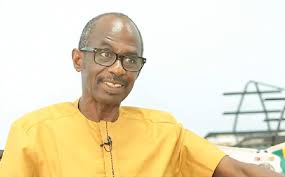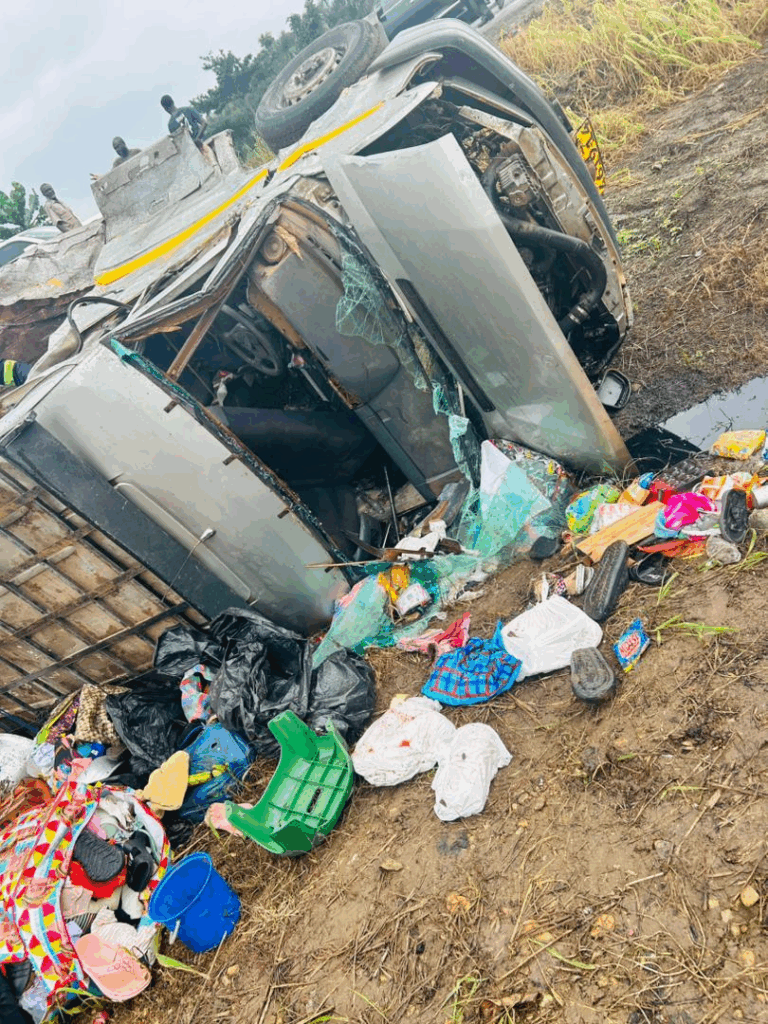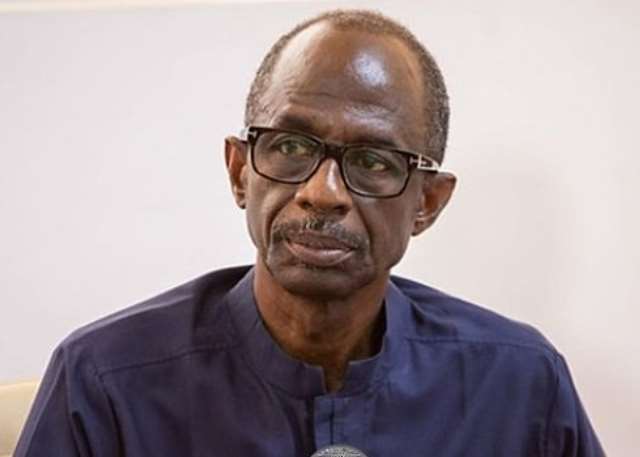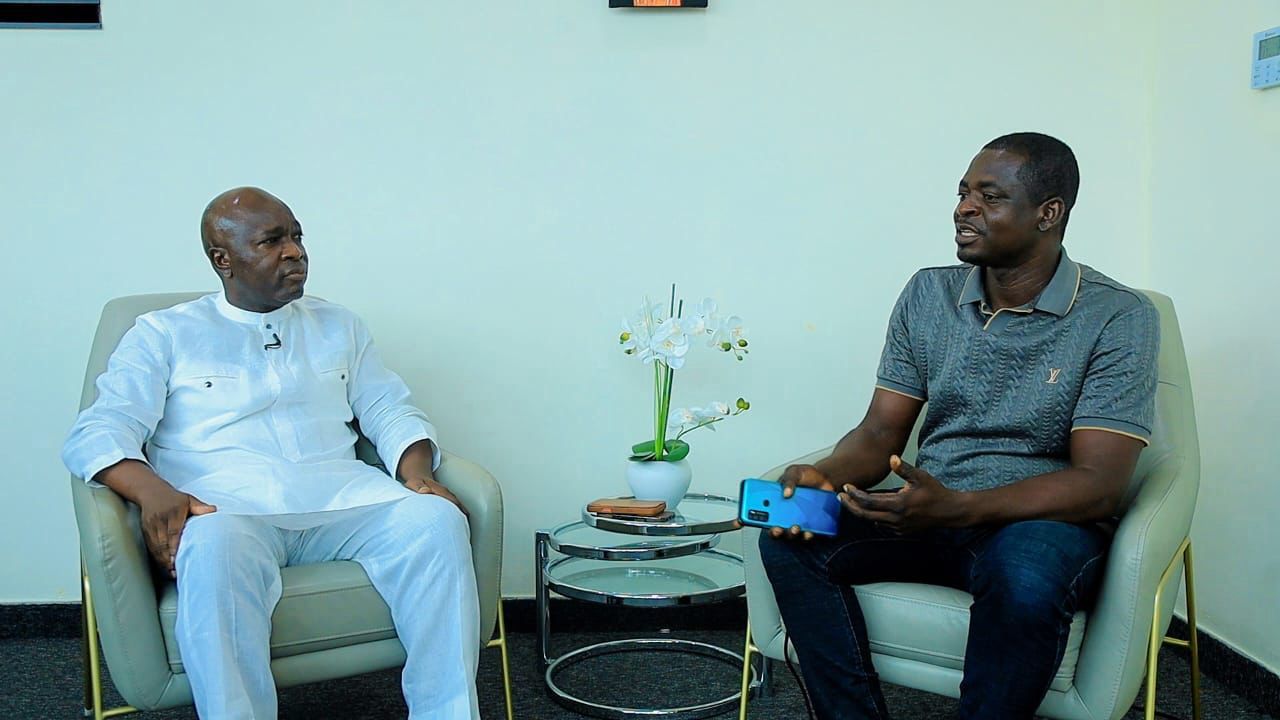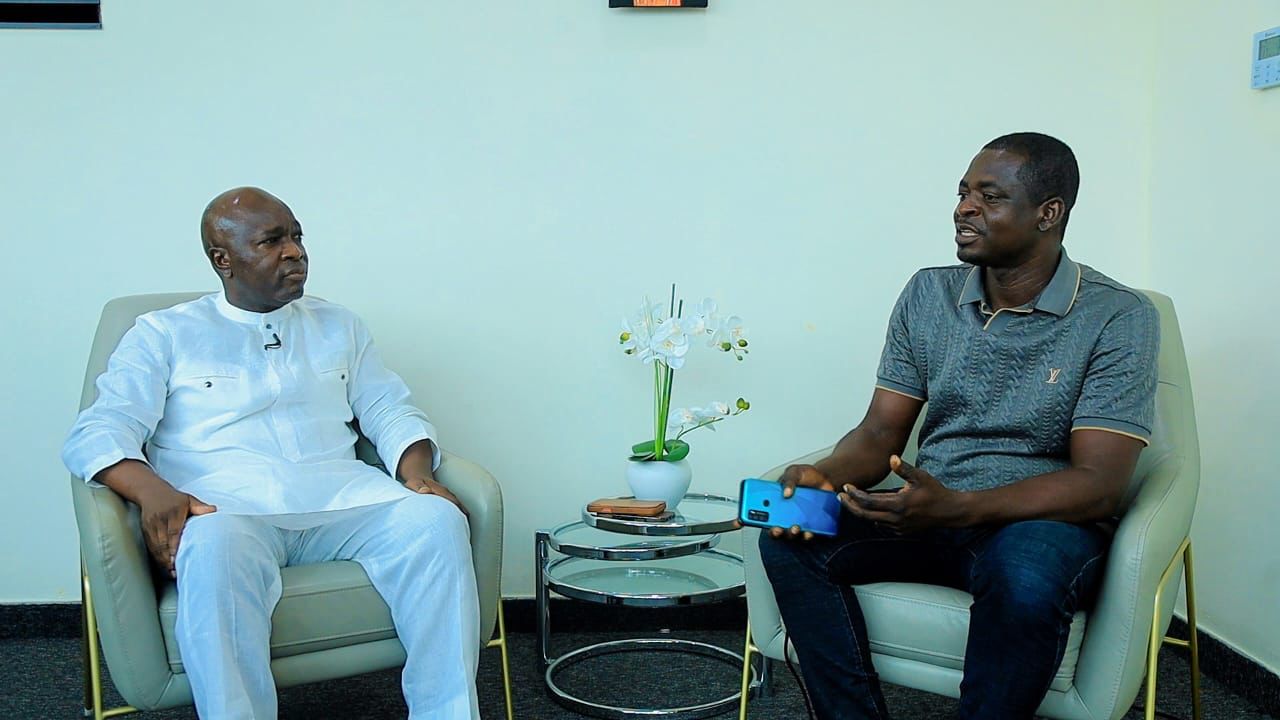Johnson Asiedu Nketiah, the Chairman of the National Democratic Congress (NDC), has pushed back against mounting calls for the government to declare a state of emergency to combat the country’s illegal mining crisis, warning such a move could imperil Ghana’s democratic stability.
Speaking Tuesday on Channel One TV’s Face to Face program, Mr. Nketiah acknowledged the scale and urgency of the illegal mining problem—known locally as "galamsey"—but cautioned that suspending constitutional governance would do more harm than good.
“Work is ongoing to address the galamsey menace, and we are hopeful about finding lasting solutions,” he said. “But I do not support the idea of declaring a state of emergency, as some are suggesting. In your frustration, you may call for extreme measures that you could come to regret.”
Mr. Nketiah warned that emergency rule could erode civil liberties and invite abuses of power. “If you declare a state of emergency to fight galamsey, it implies the suspension of the constitution. People could shoot and kill under the pretext of law enforcement. How do you determine whether those using violence are truly fighting galamsey?” he said.
He urged policymakers and civil society to focus instead on comprehensive, lawful approaches, including institutional reform and community-based strategies. “The solution must be rooted in the rule of law and collective action—not extraordinary powers that risk weakening our democratic institutions,” he said.
Illegal mining has emerged as one of Ghana’s most pressing environmental and economic challenges, with widespread deforestation, water pollution, and social disruption linked to its rise. While the government has taken several enforcement actions, critics argue that efforts have been inconsistent and, at times, politicized.
Calls for a state of emergency have grown louder in recent months amid concerns that conventional enforcement is failing to contain the problem. But Nketiah’s remarks reflect a broader caution among opposition leaders and legal experts about the risks of overreach.
“The temptation to solve deep-rooted issues with sweeping powers is strong,” Mr. Nketiah said, “but the long-term cost to our democracy could be far greater.”



